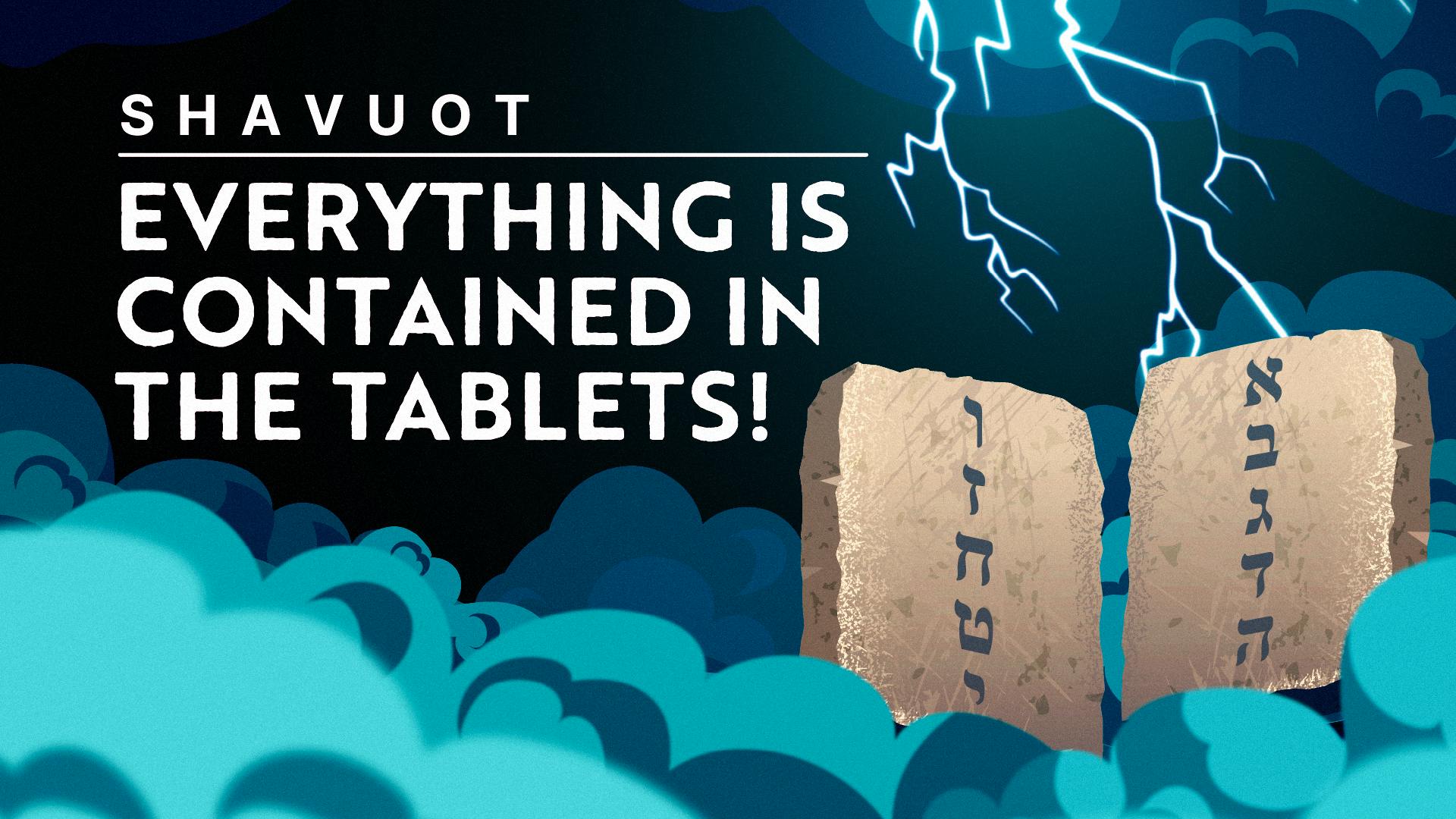At Aleph Beta, we’re captivated by how themes organically weave through the Torah’s stories, connecting seemingly unrelated narratives into a greater whole. Studying Torah by theme—rather than focusing on isolated verses or events—allows us to step back and witness how core values and ideas reappear across the text. A theme like Respect Before Love, for instance, doesn’t just show up in the Ten Commandments; it also shapes stories like Lot’s, Lavan’s, and Nadav and Avihu’s, each time revealing new depth and refining our understanding of the Torah’s message.
What makes these themes especially compelling is that they aren’t ideas we impose on the text; they emerge naturally, often catching us by surprise with unexpected patterns. By approaching the Torah with an open mind, we uncover themes that arise on their own, giving us fresh perspectives on what this sacred text is trying to convey.
In this section, we invite you to dive into these recurring themes and explore how they evolve across different stories. We’ve highlighted some of our favorite videos that capture these essential ideas, offering a lens through which Torah becomes not just a collection of stories but a unified exploration of life’s biggest questions. We hope you find inspiration here and, more than that, a deeper appreciation for Torah as an interconnected tapestry of divine wisdom.
Yibum
Yibum, or levirate marriage, is a fascinating theme woven throughout the Torah and Tanakh. Although it’s rarely practiced today—Jewish law generally replaces it with chalitza, a ritual that formally dissolves the obligation—it holds a meaningful place in biblical narratives.
Deuteronomy defines yibum specifically as a brother marrying his deceased brother’s widow, yet stories like the Book of Ruth expand the concept to include other relatives. This broader interpretation serves as a way to honor and carry forward the legacy of a deceased family member. Yibum isn’t merely a technical law; it’s a profound idea that appears in some of the Bible’s most important stories. So integral is this concept that some suggest it even reflects why God chose Abraham, establishing a foundation for Jewish values of loyalty, responsibility, and continuity.
While the sages limited its application in Jewish law, yibum’s underlying message still resonates. It underscores timeless values of kinship and moral responsibility—reminding us of the significance of family, legacy, and commitment across generations.
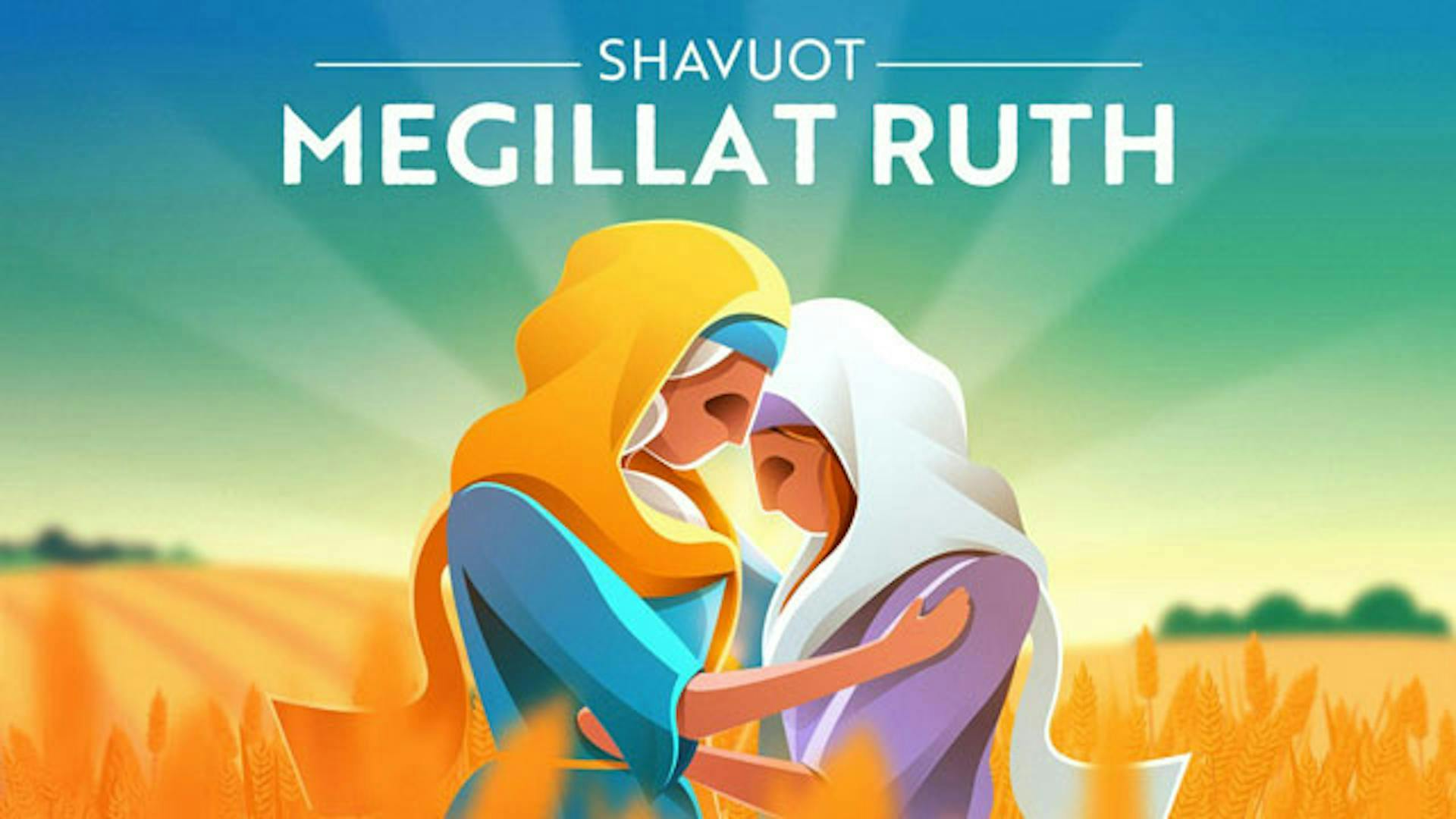
The Meaning of the Book of Ruth: Yibum, Redemption, and the Power of Kindness
Animated Video Series • Part 1 of 5 • 11 min
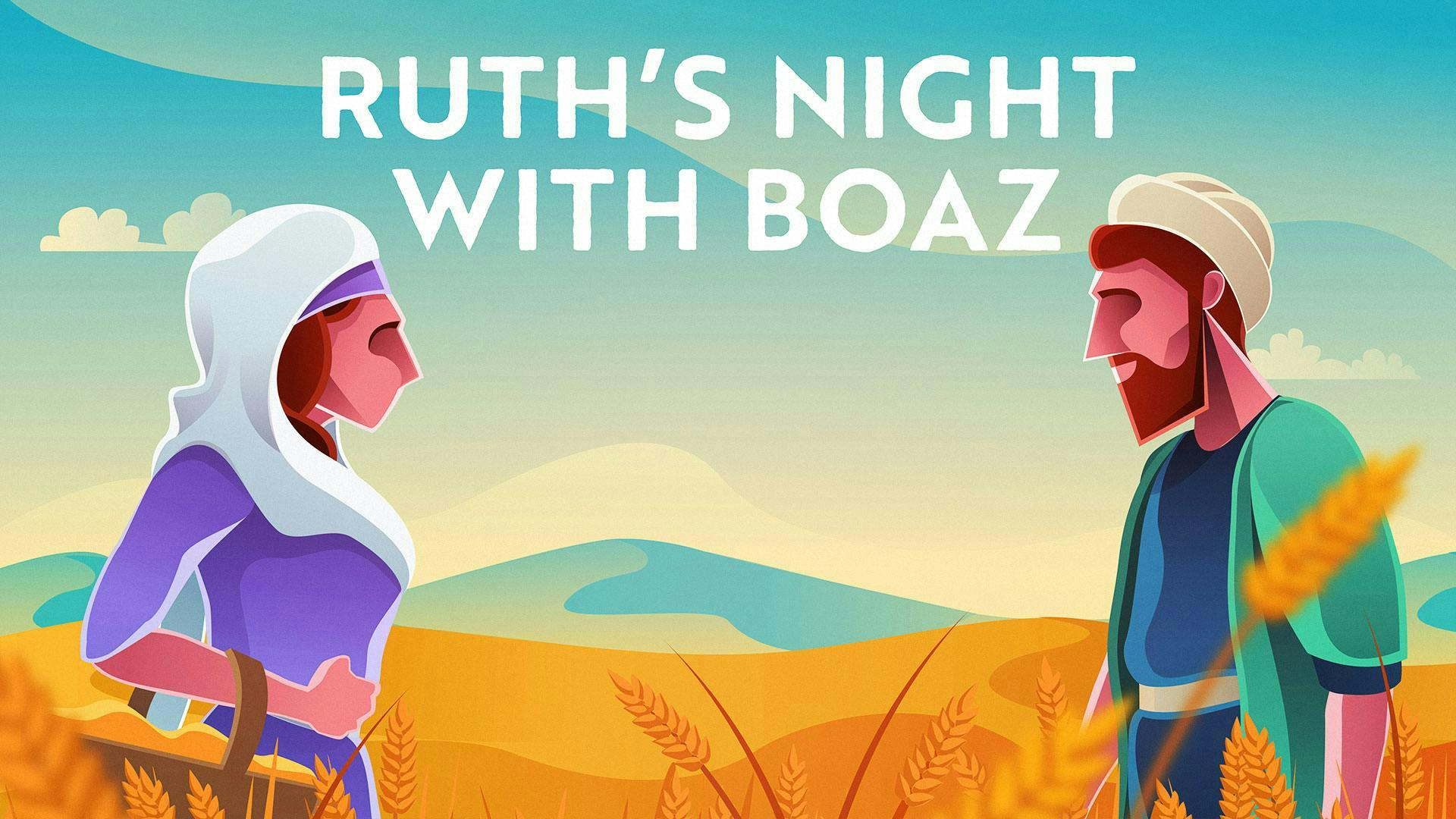
Did Ruth Seduce Boaz? A New Definition of Yibum and Kindness in the Book of Ruth
Animated Video Series • Part 1 of 4 • 11 min
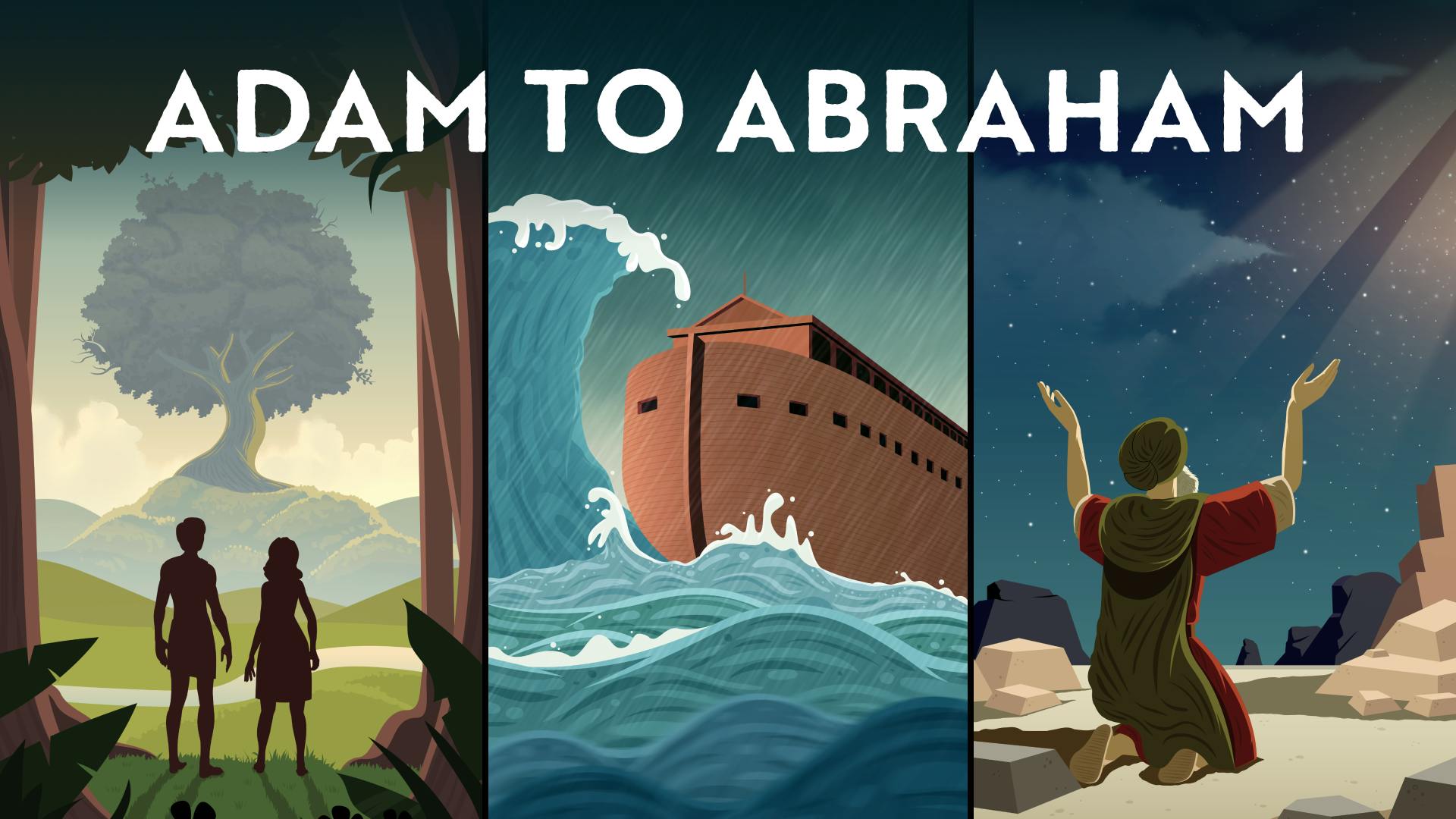
Yibum and Abraham’s Hidden Act of Heroism
Deep Dive Course • Part 1 of 11 • 57 min
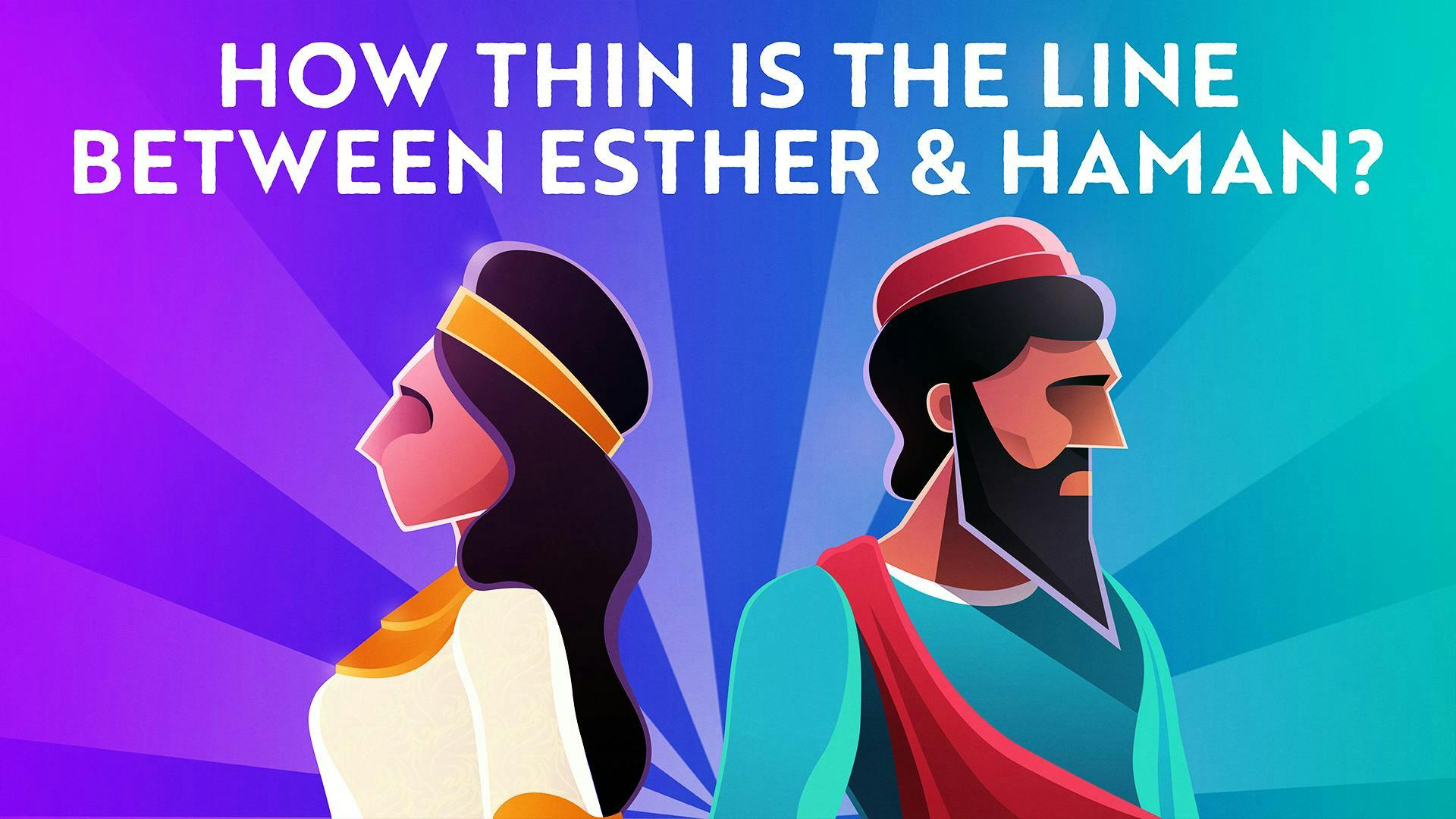
Yibum and Chalitza: The Thin Line Between Esther and Haman
Animated Video Series • Part 1 of 2 • 1 hour, 5 min
Perils of Creativity (and Over-Processing)
While the ability to create and innovate is a defining characteristic of humanity, the Torah cautions against the potential pitfalls that come with this power. Unchecked creativity can lead to a sense of control and domination, distancing us from our connection to the divine source of all existence. Laws such as those governing Shabbat encourage us to pause, reflect, and appreciate the world around us, while dietary restrictions teach us the importance of boundaries in our actions. These narratives highlight the need for mindfulness and humility in our creative pursuits, reminding us that our role as creators is to nurture and elevate rather than to overwhelm or objectify the creation around us.
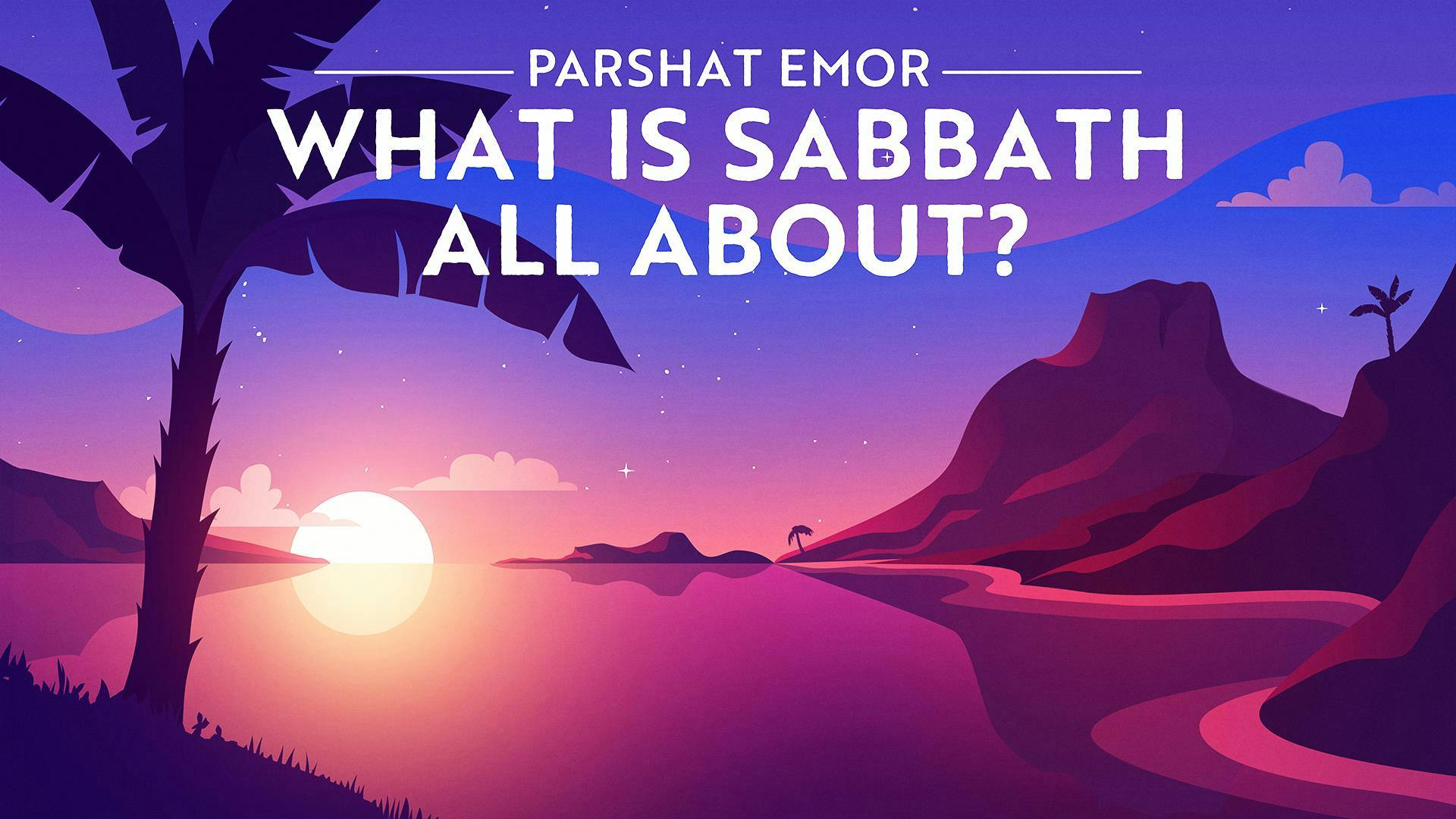
The Importance Of Shabbat In All Jewish Holidays
Animated Video • 9 min
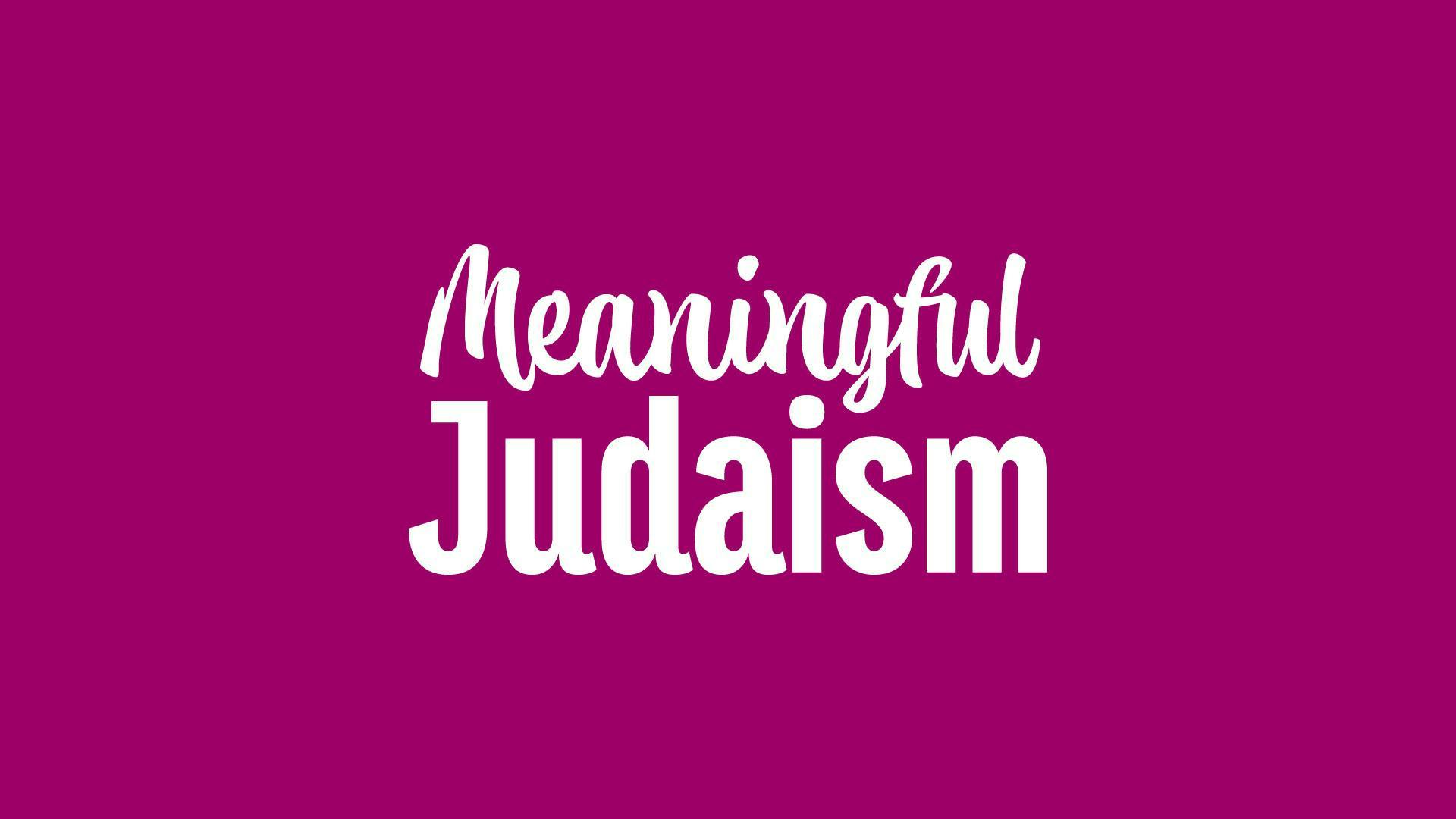
What’s Meaningful About Not Mixing Milk and Meat
Podcast • 54 min

Israel’s Role as God’s Firstborn
Animated Video • 13 min
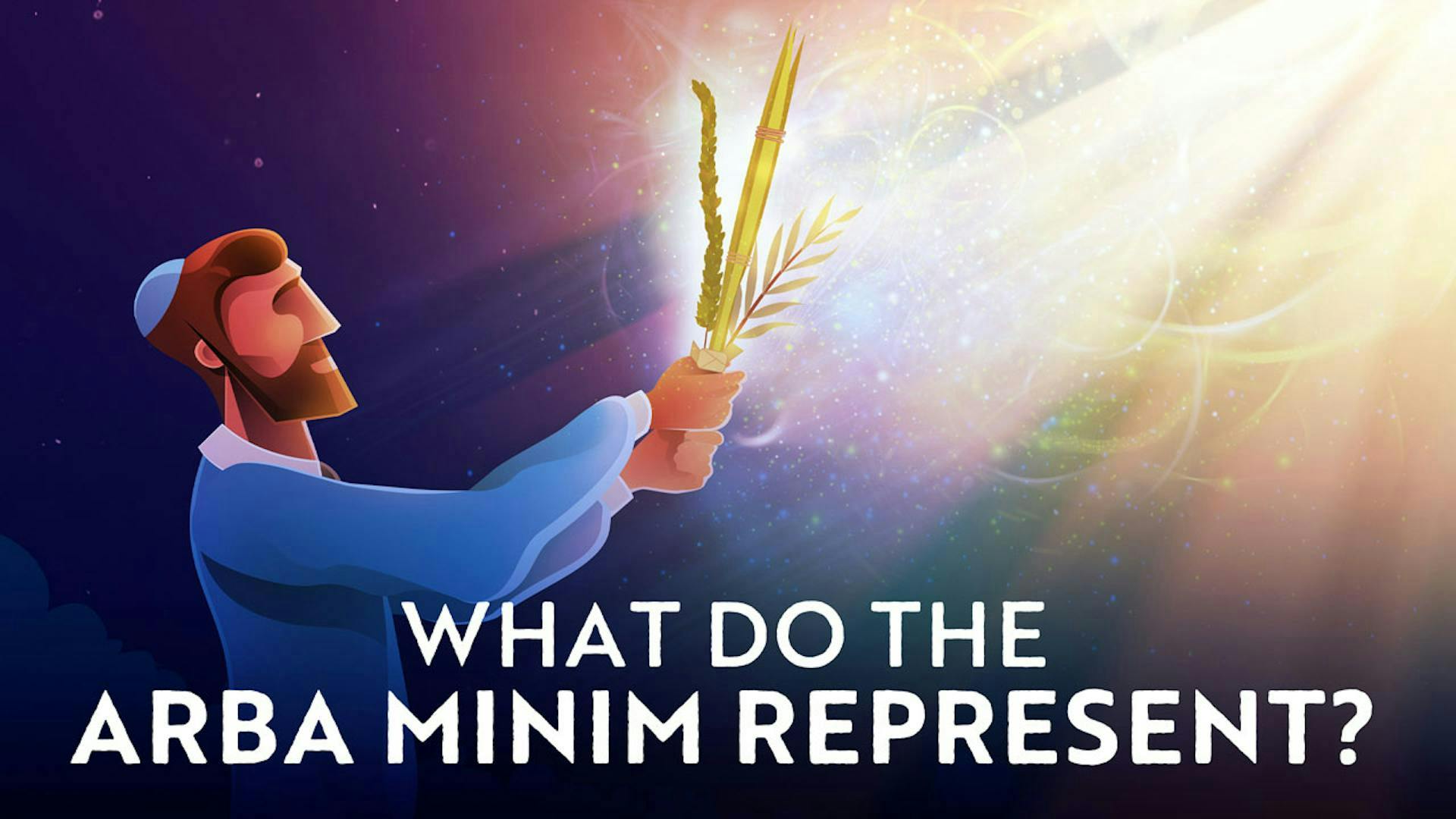
Finding the Source of Joy: What Do the Arba Minim Represent?
Animated Video Series • Part 1 of 4 • 11 min
Respect Before Love
While Judaism often celebrates love as a powerful motivator for action, key narratives in the Torah reveal that it is respect that serves as the essential foundation for meaningful relationships. For instance, the Ten Commandments outline key principles that emphasize the importance of honoring others and establishing boundaries. The tragic story of Nadav and Avihu illustrates the dangers of love untempered by respect; their fervent desire to serve God leads to devastating consequences. Similarly, Lot’s hospitality, which mirrors Abraham’s kindness, ultimately results in chaos due to a lack of discernment. Through these examples, the Torah teaches that respect creates a framework within which love can thrive, suggesting that our highest expressions of love are grounded in a deep regard for others and the divine order.
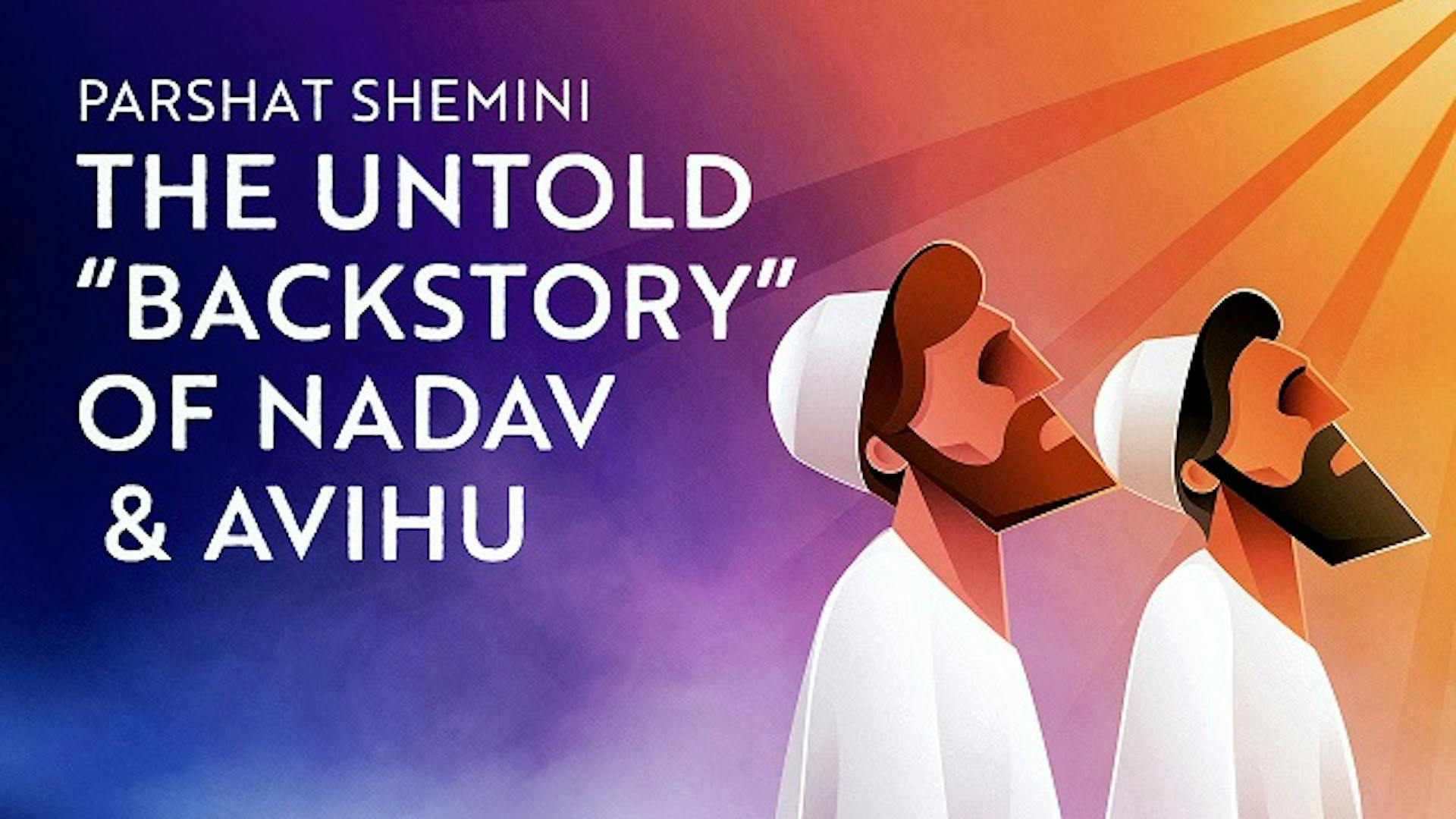
Making Sense Of Nadav And Avihu's Death
Animated Video • 16 min

Lot and Broken Kindness
Podcast • 29 min

What’s Meaningful About Niddah?
Podcast • 50 min
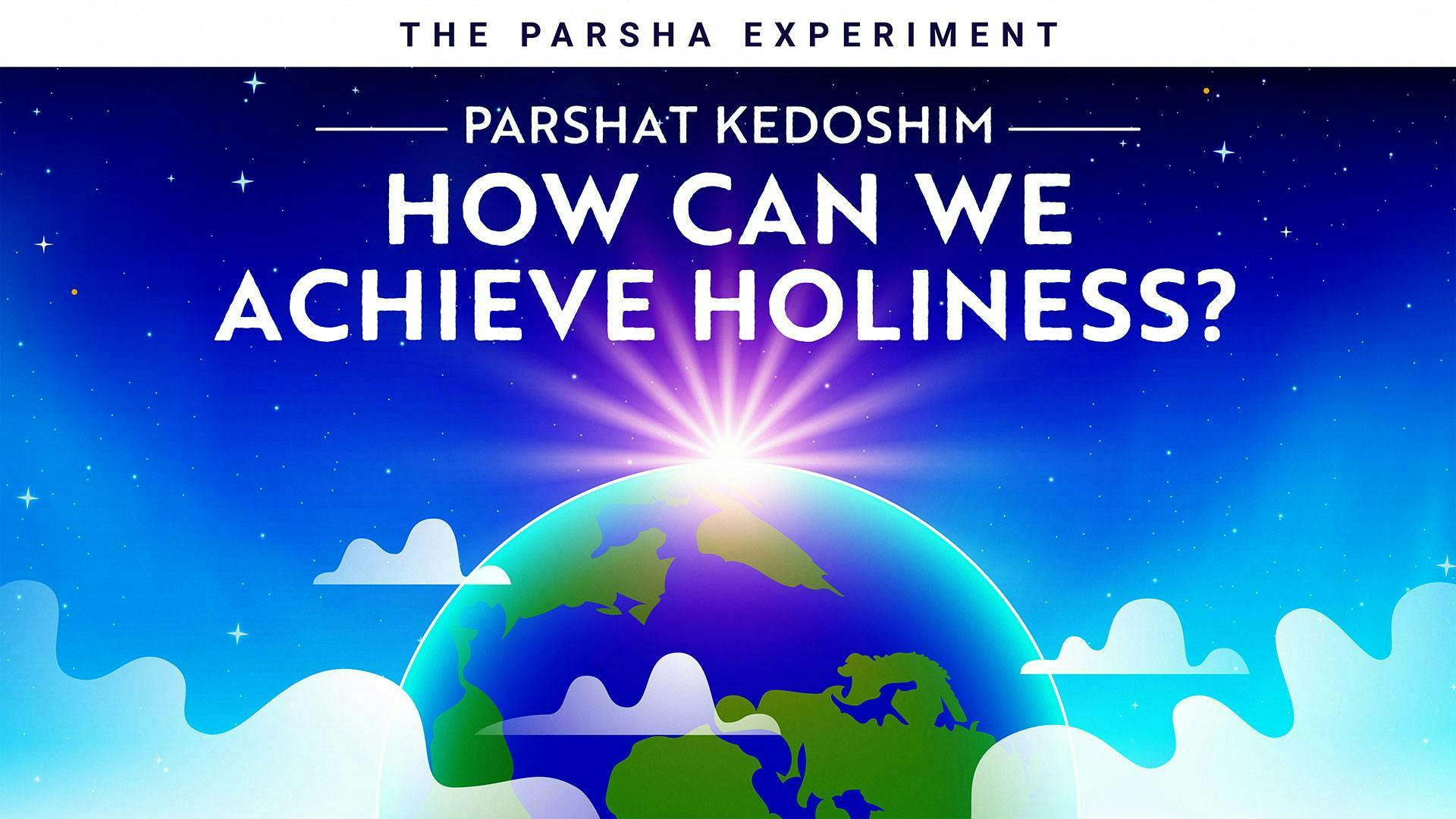
What is Holiness?
Animated Video Series • 15 min

Fear on the High Holidays
Podcast • 1 hour, 18 min

The Elephant in the… Garden
Podcast • 25 min
